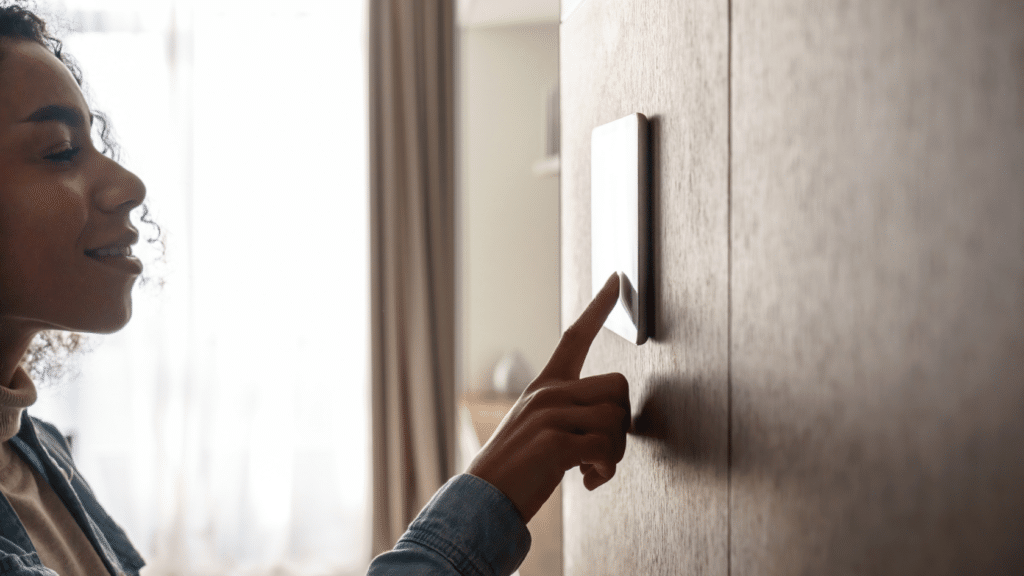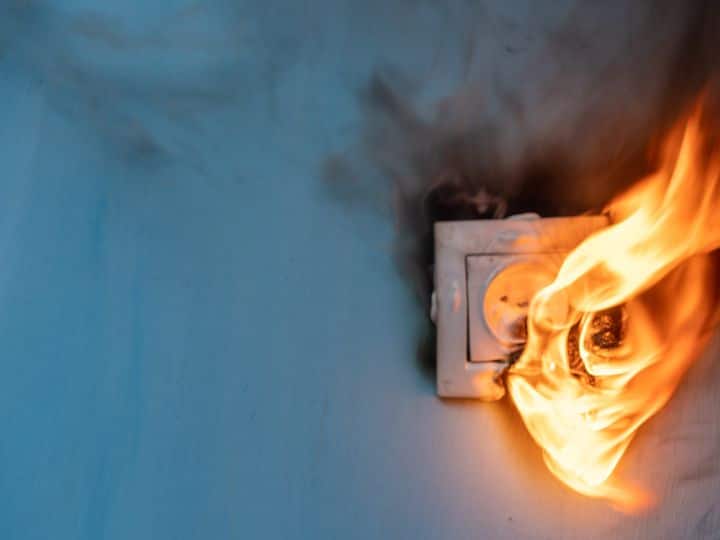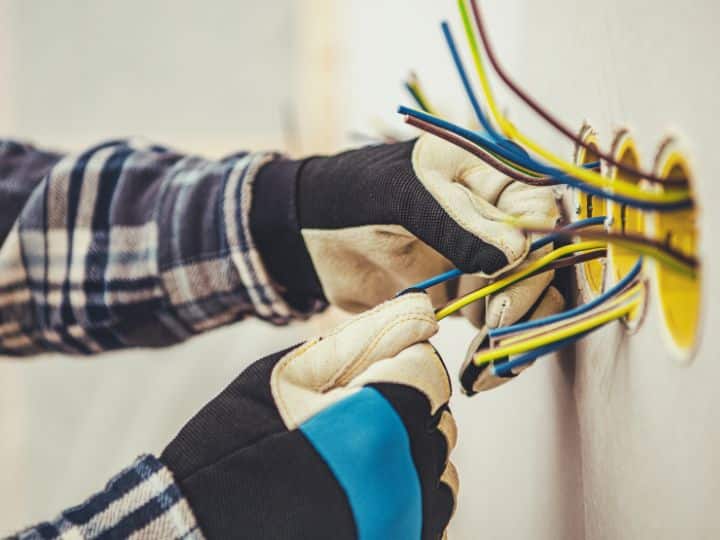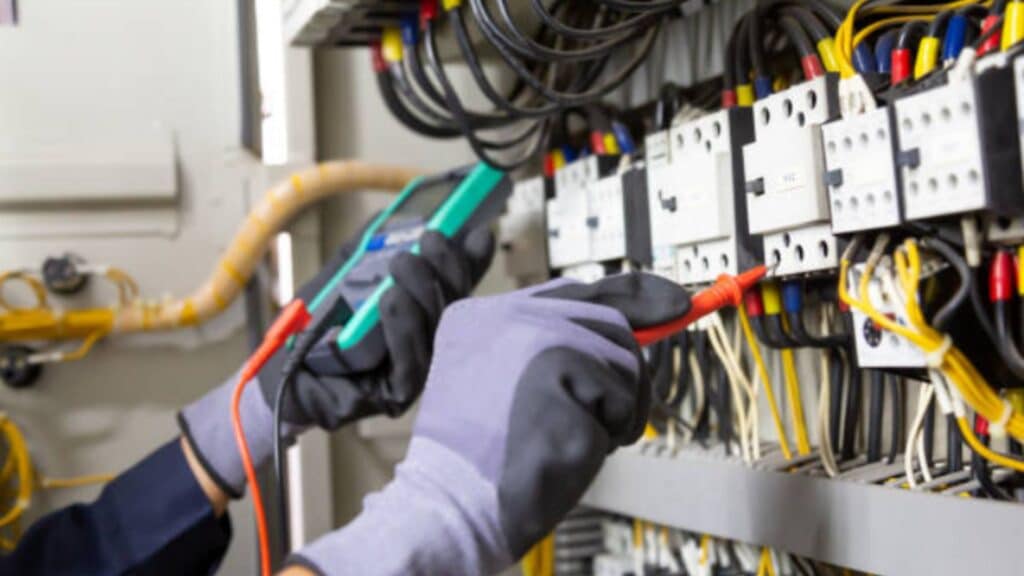Why is Home Security Important?
Home security is important for several reasons. Firstly, it helps to protect personal belongings from theft. Secondly, it can deter potential intruders from attempting to break into a home. Lastly, it provides peace of mind knowing that loved ones are safe.
Types of Home Security Systems
There are various types of home security systems available. Here are some of them:
- Traditional Alarm Systems: These systems alert homeowners when someone tries to break in. They usually include door and window sensors.
- Wireless Alarm Systems: These systems are similar to traditional ones but use wireless technology. They’re easier to install and can be controlled remotely.
- Security Cameras: These devices record video footage of the surroundings. They can be used both indoors and outdoors.
- Smart Home Security Systems: These systems connect to the internet and allow homeowners to monitor their homes remotely using a smartphone app.
Choosing the Right Home Security System
When choosing a home security system, consider the following factors:
- Budget: Determine how much they’re willing to spend on a security system. Some systems require a monthly fee, while others have a one-time cost.
- Home Size: Larger homes may need more sensors or cameras than smaller ones.
- Location: If the home is in a high-crime area, it might be worth investing in a more advanced system.
- Personal Preferences: Some people prefer systems they can monitor themselves, while others want professional monitoring services.
Free Ways to Jumpstart Your Home Security
Home security is crucial for everyone. It’s not just about protecting possessions, but also ensuring the safety of those living in the house. Here are some free ways to enhance your home security.
1. Lock Doors and Windows
This might seem obvious, but many people forget to lock their doors and windows when they leave home. Always double-check before leaving or going to bed.
2. Use Timers for Lights
If you’re away from home, use timers to turn on and off lights at different times. This can give the impression that someone is home.
3. Trim Shrubs and Trees Near Windows
By trimming shrubs and trees near windows, you can eliminate hiding spots for potential intruders.
4. Get to Know Your Neighbors
Neighbors can be a great resource for keeping an eye on your home when you’re away. Plus, a strong community can deter potential criminals.
5. Don’t Advertise You’re Away
Avoid posting on social media that you’re away from home. This information can be used by burglars to know when your house is empty.
6. Dispose of Packaging Discreetly
If you’ve bought a new TV or other expensive item, don’t leave the box out in plain sight. This could attract thieves.
Home security is a crucial aspect of homeownership, providing peace of mind by protecting your family and belongings. Here’s everything you need to know about it:
- Security Systems: A home security system typically includes door and window sensors, motion detectors, a high-decibel alarm, and a control panel to manage these components. Some systems also include surveillance cameras and smoke detectors.
- Monitoring Services: Many security systems are connected to a monitoring service that can alert the police or fire department in case of an emergency. Some services offer 24/7 professional monitoring, while others provide self-monitoring options where you receive alerts and decide whether to contact authorities.
- Smart Home Integration: Modern security systems often integrate with smart home devices. This allows you to control your security system remotely using a smartphone app. You can arm or disarm the system, view live camera feeds, and receive alerts on your phone.
- Outdoor Security: Outdoor security measures can include motion-activated lights, security cameras, and alarms in sheds or garages. Landscaping can also play a role in security; for example, keeping shrubs trimmed can eliminate hiding spots for potential intruders.
- Door and Window Security: Reinforcing doors and windows can enhance your home’s security. This can involve installing deadbolt locks, security bars, or shatter-resistant window film.
- Surveillance Cameras: These can be used both inside and outside your home. They can deter potential intruders and provide video evidence in case of a break-in. Some cameras also offer features like motion detection, night vision, and two-way audio.
- Fire and Carbon Monoxide Detectors: While not directly related to burglary, these devices are essential for home safety. They can alert you to potentially life-threatening situations, giving you time to evacuate and call for help.
- Home Safe: A home safe can protect valuable items and important documents in case of a break-in or fire.
- Security Practices: Simple practices like locking doors and windows, not hiding spare keys outside, and making your home look occupied while you’re away can significantly improve your home’s security.
- Insurance Discounts: Many insurance companies offer discounts on homeowners insurance if you have a monitored security system installed.
Remember, the best home security approach usually involves a combination of elements. It’s also important to regularly test and maintain your security devices to ensure they’re working properly.
Types of Security Systems
Security systems are crucial for protecting our homes, businesses, and valuable assets. There are several types of security systems available, each with its own unique features and benefits. Here’s a look at some of the most common ones:
- Monitored Alarm Systems: These systems are monitored by a professional security company. When the alarm is triggered, the company is alerted and they will contact the appropriate authorities if necessary.
- Unmonitored Alarm Systems: Unlike monitored systems, these alarms don’t involve a security company. Instead, when the alarm goes off, it makes a loud noise to scare off intruders and alert neighbors.
- Wireless Alarm Systems: These systems are easy to install and can be customized to fit your needs. They use wireless sensors that communicate with a control panel.
- Wired Alarm Systems: These systems require professional installation as wires need to be run through your walls to connect the sensors to the control panel.
- Smart Home Security Systems: These systems allow you to control and monitor your security devices using a smartphone app. You can receive alerts, view live video feeds, and even remotely control things like door locks.
- CCTV Systems: Closed-circuit television (CCTV) systems use cameras to monitor the interior and exterior of a property. The footage can be viewed in real-time or recorded for later viewing.
- Motion Sensor Systems: These systems detect movement within a certain range. If someone enters that range, the system triggers an alarm.
- Fire Alarm Systems: These systems are designed to detect smoke or heat from a fire and sound an alarm to alert occupants of the building.
Monitoring and Equipment Costs
When it comes to running a business, monitoring and equipment costs are two significant factors that can impact the bottom line.
Monitoring Costs
Monitoring costs refer to the expenses associated with overseeing various aspects of a business. This could include:
- Quality Control: Ensuring products or services meet certain standards.
- Employee Performance: Keeping track of employee productivity and effectiveness.
- Security: Implementing systems to protect against theft or damage.
These costs can vary greatly depending on the size and nature of the business. For example, a small retail store might spend less on quality control than a large manufacturing plant.
Equipment Costs
Equipment costs are the expenses related to purchasing, maintaining, and replacing the tools and machinery used in a business. These costs can be broken down into:
- Initial Purchase: The upfront cost of buying new equipment.
- Maintenance and Repairs: Regular upkeep to keep equipment running smoothly.
- Replacement: The cost of replacing equipment when it becomes outdated or breaks down.
Like monitoring costs, equipment costs can vary. A tech company might spend more on equipment than a service-based business.
Upgrading your home security system is a crucial step in ensuring the safety and protection of your property, belongings, and loved ones. With advancements in technology, there are now more options than ever to enhance your home’s security measures. From smart locks and alarms to advanced surveillance cameras and home automation, an upgrade can provide you with increased control, convenience, and peace of mind.
One significant upgrade is the integration of smart technology into home security systems. Smart security systems allow for remote monitoring and control via a smartphone app. You can arm or disarm your alarm, lock or unlock doors, and even view real-time camera footage from anywhere in the world. Some systems also offer home automation features, allowing you to control lights, thermostats, and other devices, making your home appear occupied even when you’re away. This not only enhances security but also adds a level of convenience that traditional systems can’t match.
However, a home security upgrade isn’t just about adding new technology. It’s also about assessing and improving existing security measures. This could involve reinforcing doors and windows, improving outdoor lighting, or trimming back shrubs and trees that could provide cover for potential intruders. Regular maintenance checks on all security devices to ensure they’re working correctly are also a vital part of keeping your home security system up-to-date and effective. In conclusion, a home security upgrade is a worthwhile investment that can significantly enhance the safety and security of your home.




